Welcome to Michigan Micropigmentation Center
Help our students build their confidence and portfolio. Complete the form to get started!
Body Art Licensing (michigan.gov)
6 Day Permanent Makeup Brows, Eyeliner and Lip Color Class $5,500
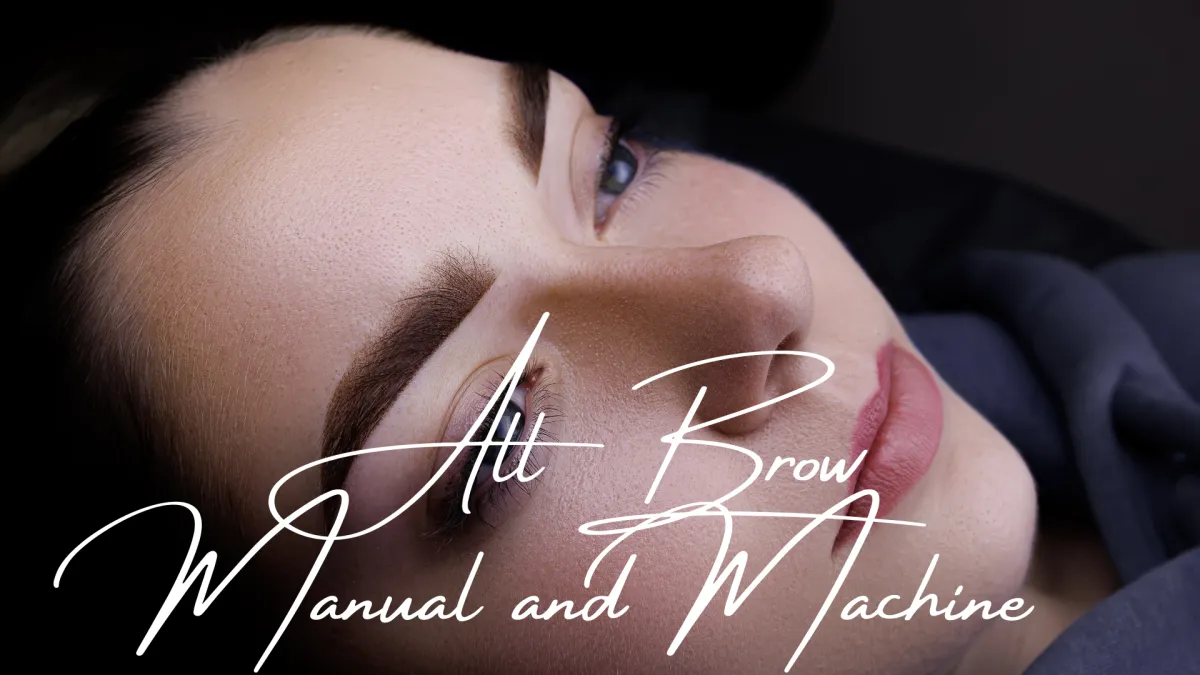
4 Day All Brow Manual and Machine CLASS $2,750.00
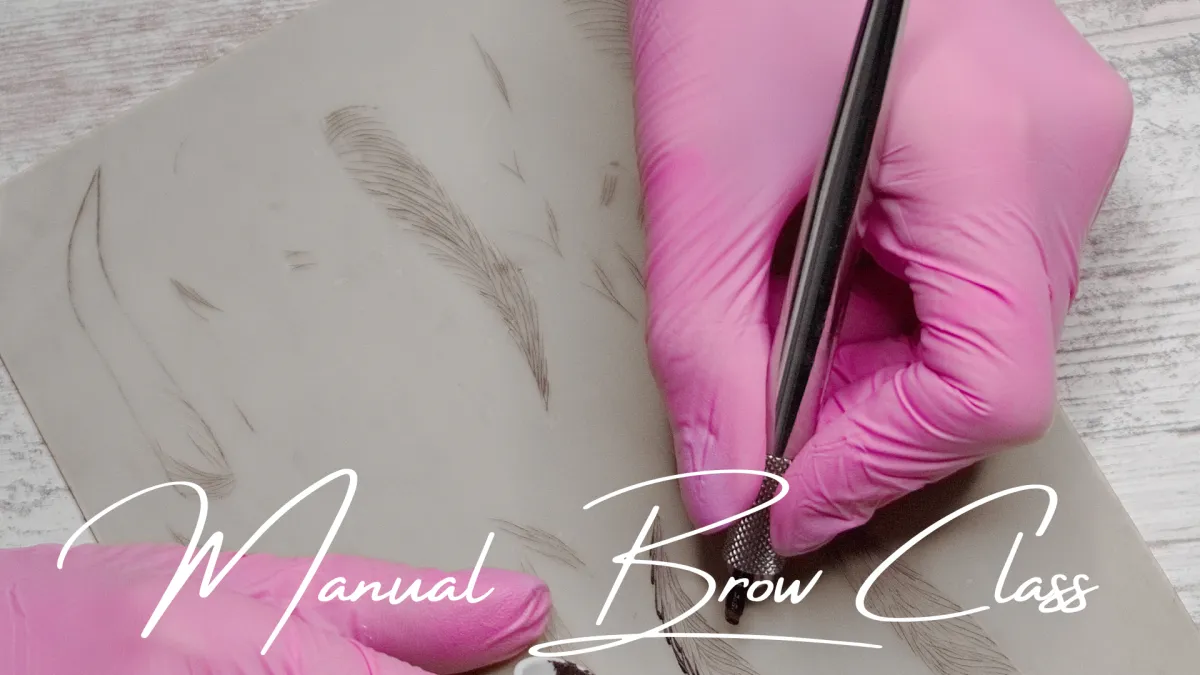
2 Day Microblading Certification Class $1,750
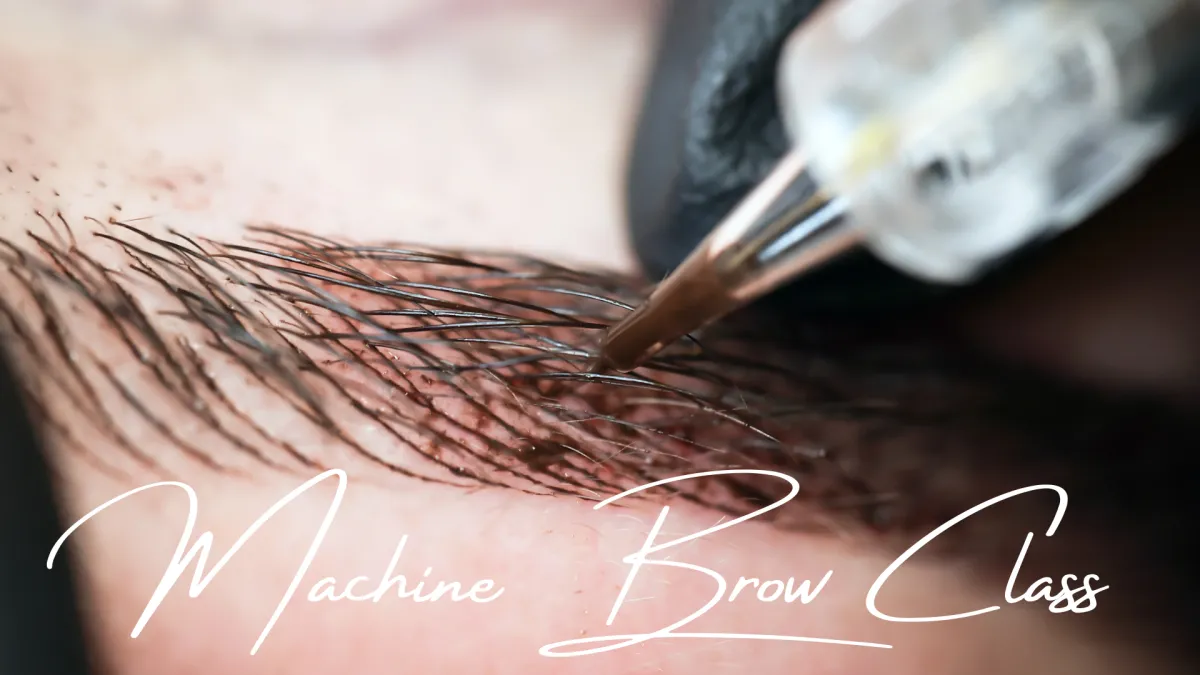
2 Day Ombre, Nanoblading, MicroShading, Shadowing, Powder Brows and Hair stroke ( Machine Techniques) $2,450
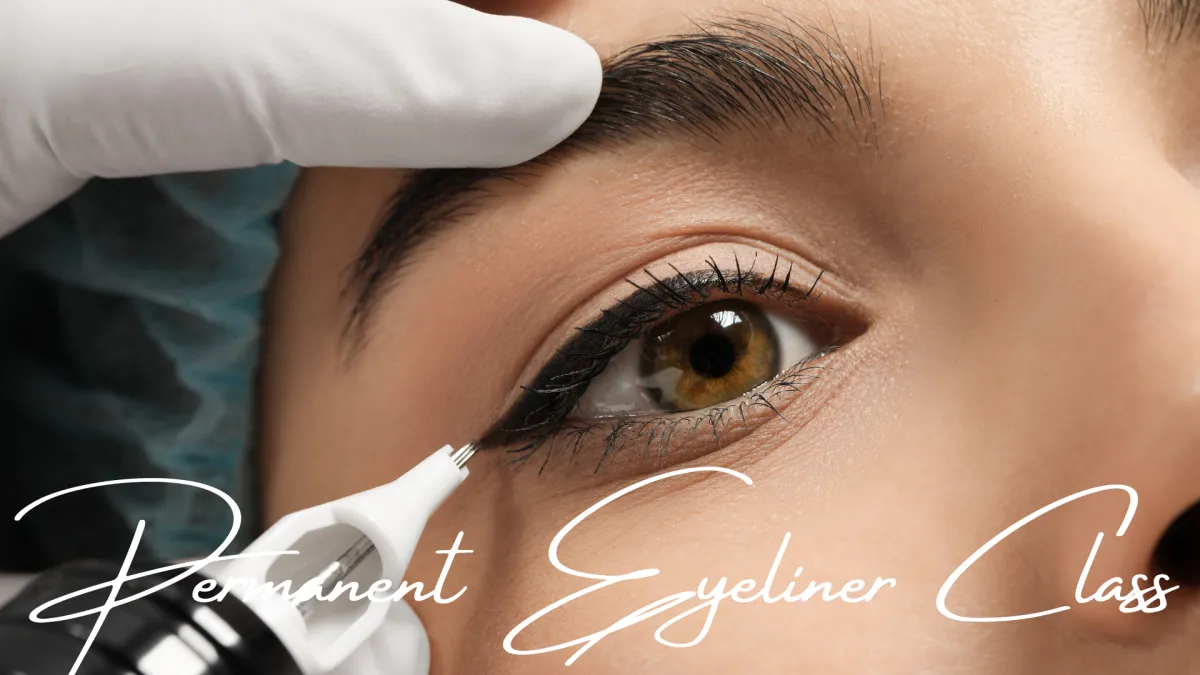
1 Day Eyeliner, Designer Eyeliner and Lash Line Enhancement Class $897
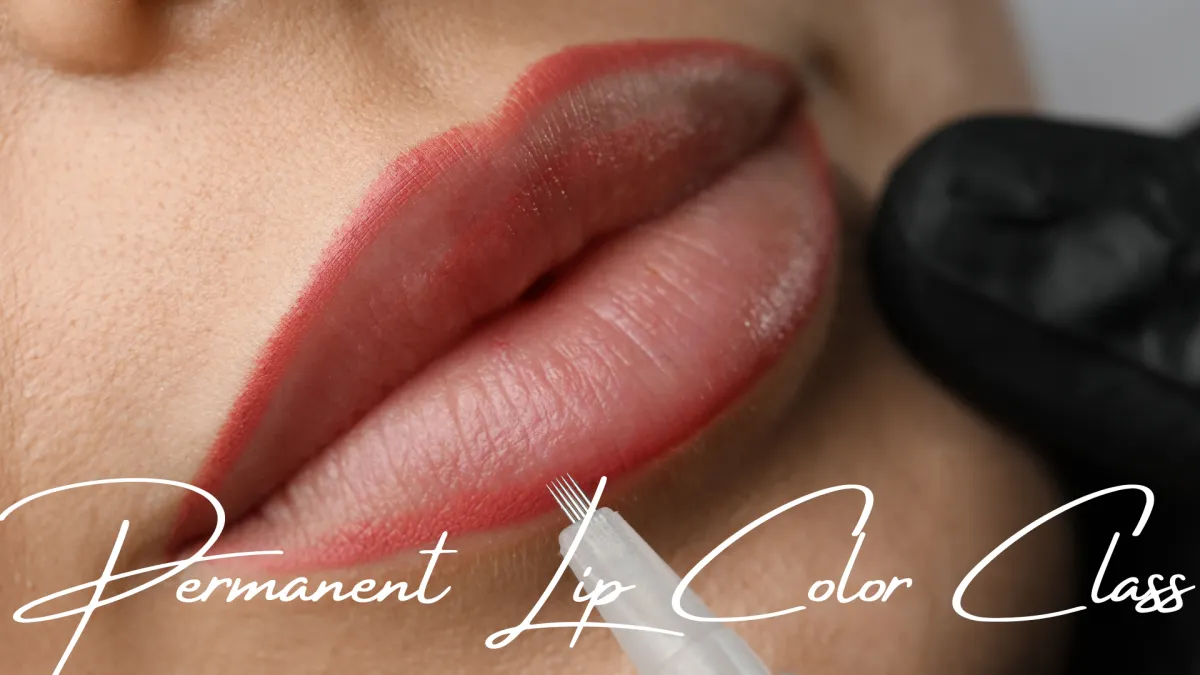
1 Day Permanent Makeup Lip Color Class $1897
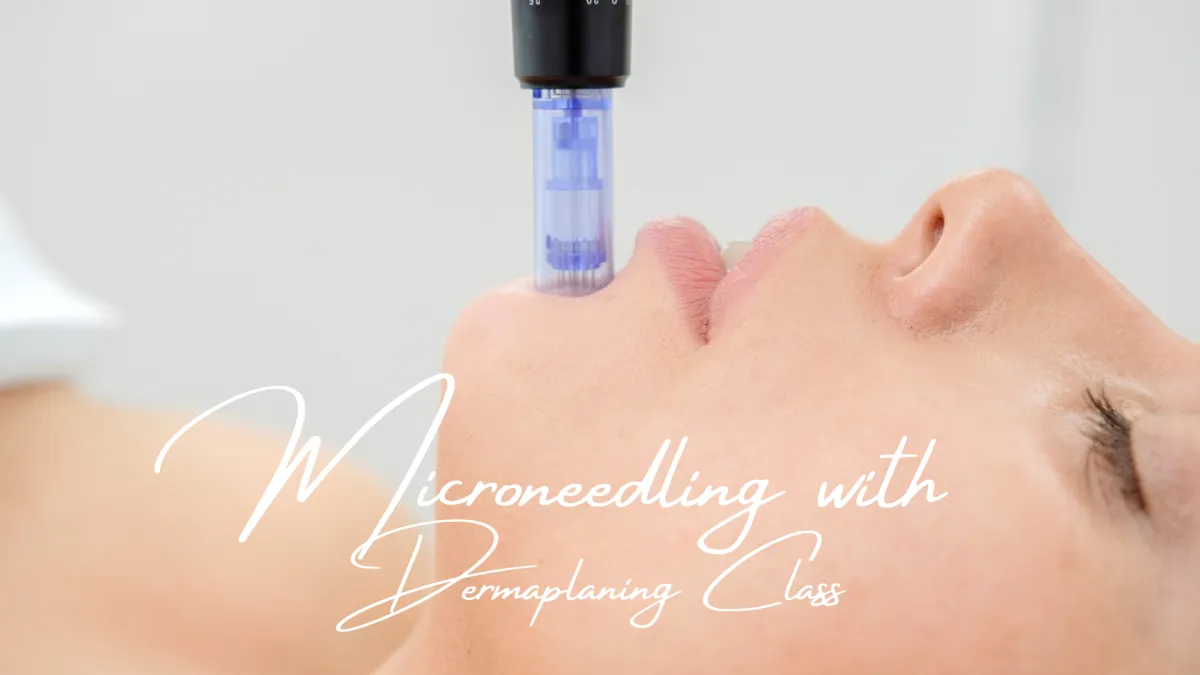
1 Day MICRONEEDLING and DERMAPLANING CLASS $1,200

2 Day Traditional and UV Lash Extension CLASS $1,050
